The Forgotten Legend - Syed Abdus Samad
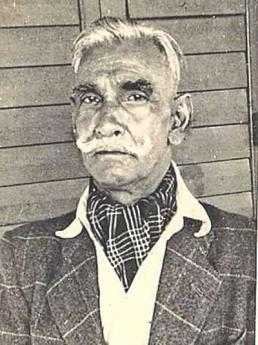
| Local name | Samad |
|---|---|
| Birth | December 6, 1895 |
| Birthplace | Purnia, Bihar, India |
| Death | February 2, 1964 |
| Place of death | Parbatipur, Dinajpur, Bangladesh |
| Profession | Football players |
| Accommodation | Parbatipur Upazila |
| Nationality | British India |
| Citizenship | British India (until 1947), Pakistan, Bangladesh |
When it comes about football, the names of Messi, Ronaldo, Neymar or Pele, Maradona come to our minds. But many of us don’t know that one of our country had a football artist.
Biography
When I hear the name Samad, some artistic scenes of football come to mind. The word art in football is familiar to Samad. He was a legend in the football history of the subcontinent. He was known as footballer magician Samad. Born in Bhuri village, Burdwan, West Bengal, India. He was born in this village on December 6, 1895 in a secluded family.
Although known as 'Magician Samad', his full name is Syed Abdus Samad. Samad was not born in the territory of independent Bangladesh, he accepted this territory as his own after the partition of 1947. When the subcontinent was divided into two countries, Pakistan and India, in 1947, the magician Samad moved to Parbatipur, then one of the largest railway cities in East Pakistan. After that he spent his whole life here.
Career
Magician Samad joined the Calcutta Main Town Club in 1912 and Mohammedan in 1933. At that time Mohammedan won the IFA Shield and League five times in a row. In the early 19th century, he created a stir in the world of football by displaying his wonderful sportsmanship.
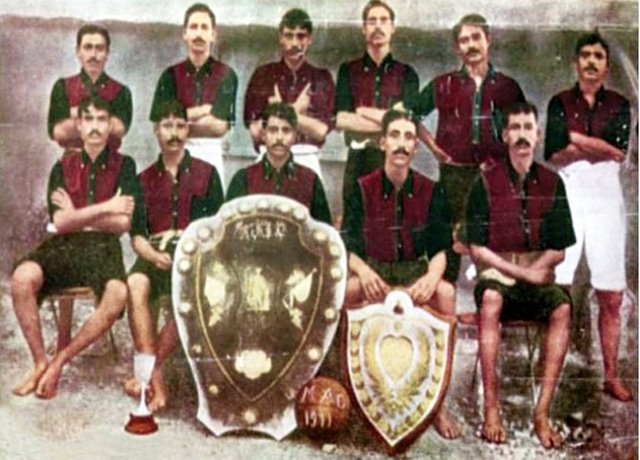
Samad's playing career lasted only 23 years from 1915 to 1936. He was a railway employee. Samad was actively involved in the railway football team called EBR at that time. In Samad's 23-year playing career, there have been some amazing events that have forced him to put the word magician in front of his name. The time-honored football talent and leadership qualities of the magician Samad brought an unforgettable victory to the then all-India football team against the world's best football team like Great Britain.
Best of his Career
Samad was selected for the Indian national football team in 1924 and captained the team in 1926. He traveled to Burma (Myanmar), Ceylon (Sri Lanka), Sumatra-Java-Borneo (Indonesia), Malay (Malaysia), Singapore, Hong Kong, China and England on behalf of India. In a match against China, India trailed 3-0 but still had an unforgettable 4-3 victory over his four goals. A Scottish footballer at the time commented on his performance, saying that if Samad had been born in Europe, he would have been recognized as one of the best footballers in the world.
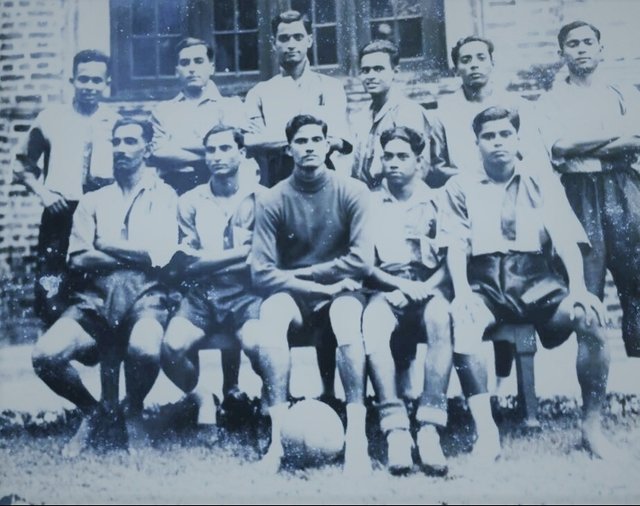
In 1933, the All India team led by Samad defeated Great Britain 4-1 and the mighty European team 2-1. He played the last game of his life as the captain of the Indian team against the Services XI of England.
At the twilight of his career
Samad retired after playing for Kolkata Mohammedan. Many football fans stopped watching football after Samad's retirement. This magician Samad was so influential.
Compton, then England's best left-hander, was shocked to see Samad's remarkable athleticism, saying, "We'll see players in this country who had no idea!"
Alex Hosey, England's greatest footballer, once said that Samad has the ability to play in any world-class football team. This comment gives an idea of Samad's position.
Once during a tour of Africa, Samad arrogantly withdrew from the team after conspiring not to make him captain. The all-India team without Samad did not show much success in the service. After being seriously injured while playing in 1938, he could never play again. His injury shook the football world of the then undivided subcontinent.
Interesting Incidences
When the season break was going on in football, Samad used to do a fun job. The landlords of that time used to hire him to play khepa. Before the match he would ask them how many goals they want? The landlords used to talk about 5-6 goals. Throughout the match, Samad danced with the ball, no one could take the ball from him, but he did not score a goal. When the concerned landlord reminded him to score a goal in 70-75 minutes, he would tell them to calm down and then take the contract money with 5-6 goals in 10-15 minutes
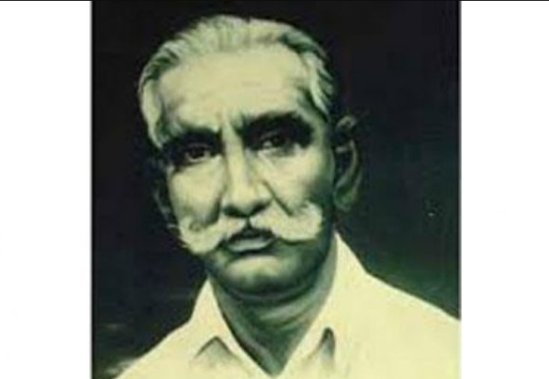
Samad always gave birth to incredible events on the playground. One such incident happened once in Indonesia. The all-India football team went to Java, Indonesia. During the match, Samad fired several shots at the goalposts, knocking out several Indonesian players. The ball hit the crossbar of the goal post and came back to the field. He was surprised. Why not the goal? After a while, Samad's sharp shot hit the crossbar of the Indonesian goal post again.
This time Samad challenged the referee, the height of the goal post is low. If it weren't for that, both of my shots would have been rounded. Measured with a tape measure, the height of the goalposts was indeed four inches below the standard size! Once again, he fooled all the players with the ball from the middle of the field, dribbled the ball and threw it towards the goal. The ball went out a few inches above the goal post without entering the goal.
My shot has definitely scored. Measurement of Samad's shot was never wrong. Goalposts are small in height. It was really measured.
Honour & Death
The magician of football died on February 2, 1974, without any treatment due to poverty. He once said before he died, ‘I am exhausted. I did not get the dignity I deserved. It's better that I die in a daze. I am not expecting anyone's mercy and grace.’
Like Sunil, the death of the magician Samad makes us guilty.
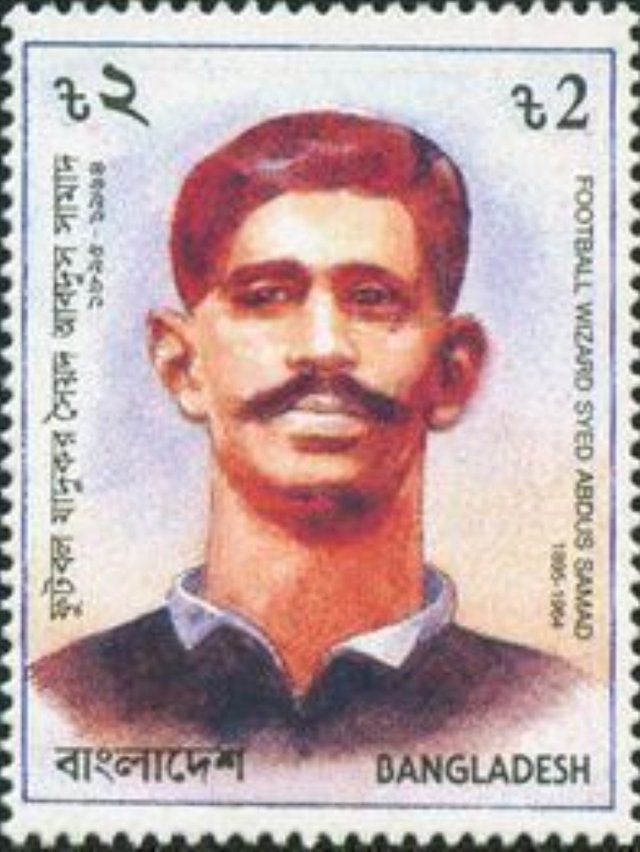
The memorial was built in 1989 at a cost of Tk 52,000 after being neglected and unprotected for 25 years in the Islampur cemetery in Parbatipur town. The Bangladesh government has issued a commemorative stamp in his memory. There is an auditorium called Samad Auditorium built by Railways in Parbatipur.

nicely described
Thank you